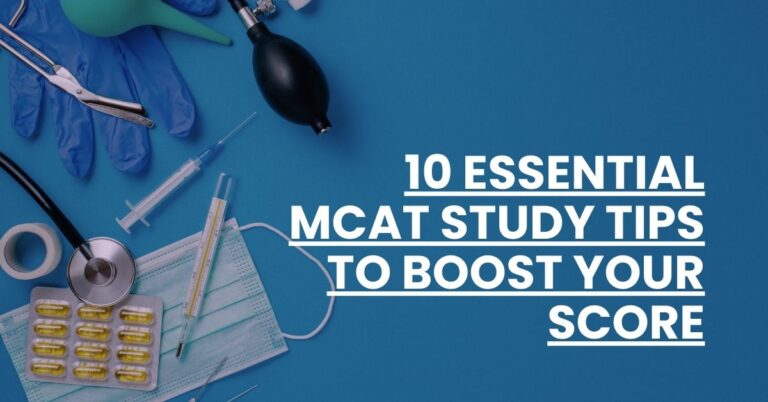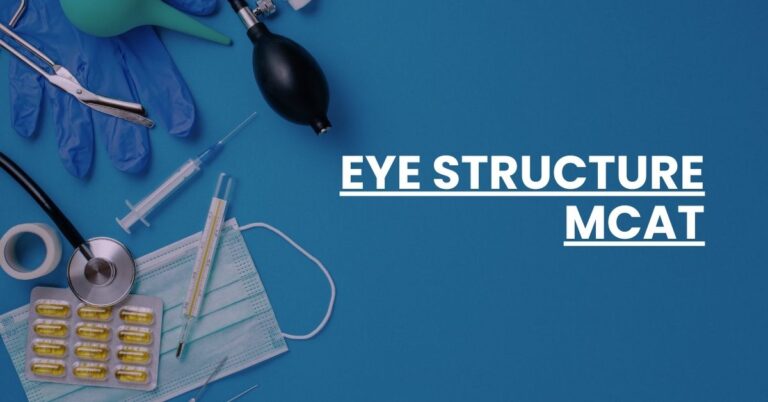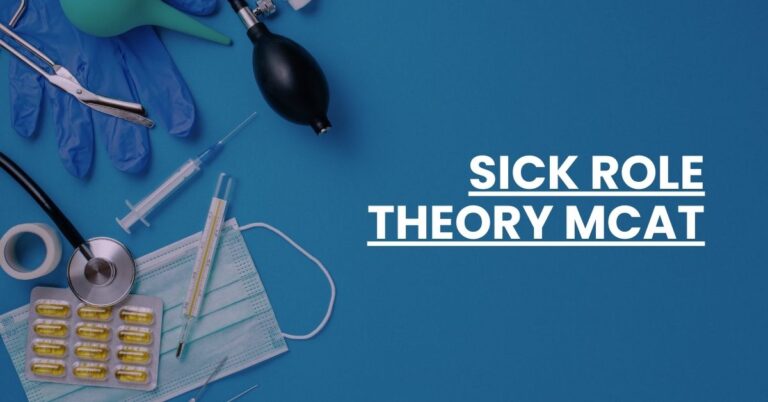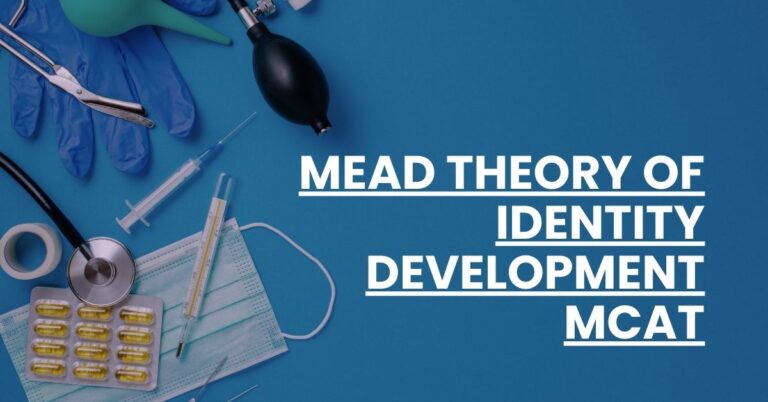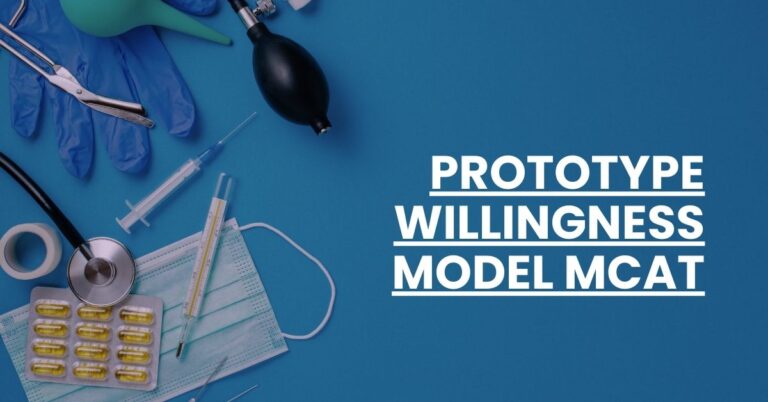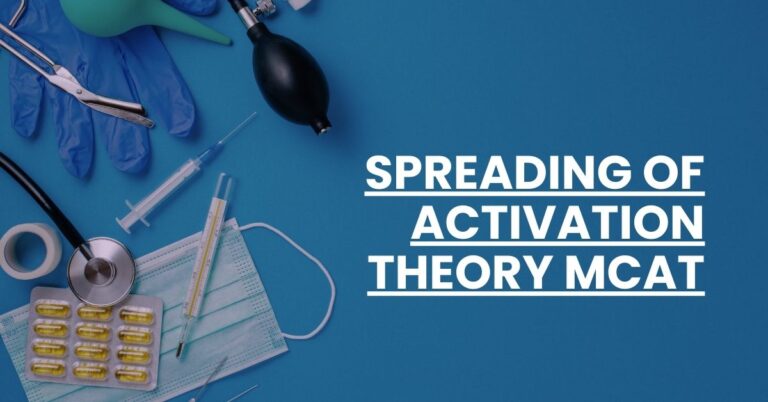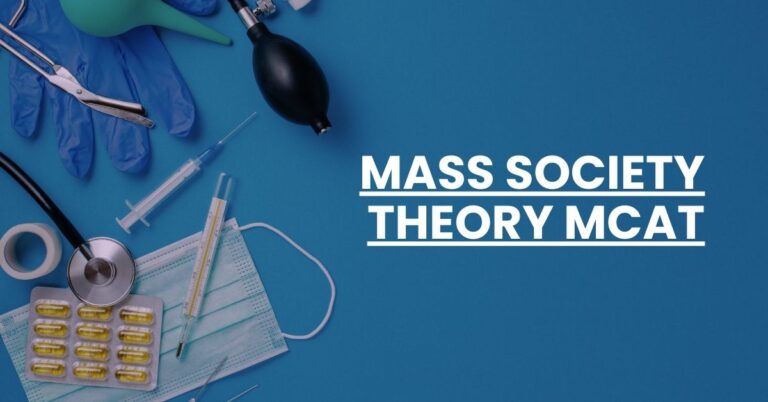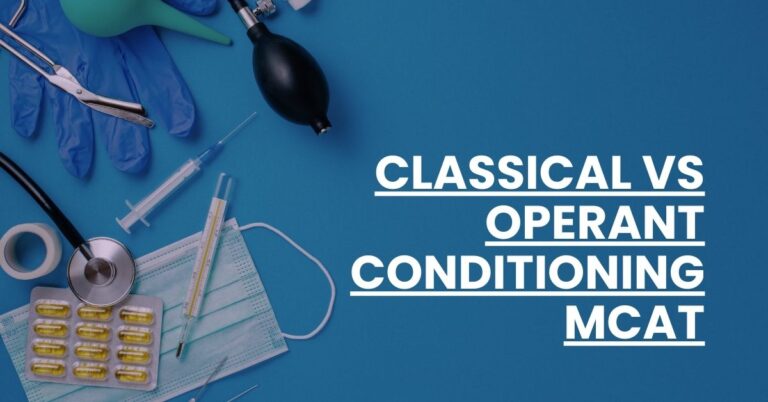LATEST RESOURCES
Ever felt mystified by the MCAT, wondering how to parse through a daunting mountain of study material?
Tailored specifically for pre-med heavyweights like you, this article slices...
Understanding the intricacies of eye structure is essential for acing the MCAT biology section, where a solid grasp of ocular anatomy plays an integral role. In this guide, we focus...
Sick Role Theory is an essential sociological construct for MCAT students exploring the dynamics of illness within society.
Crafted by Talcott Parsons, it revolves around the expectations...
George Herbert Mead’s Theory of Identity Development is an essential concept for MCAT candidates exploring the sociological aspects of identity. It outlines how individuals create...
Understanding your sleep cycle can be crucial for mastering the MCAT. Knowing when your brain will be in its deepest state of rest and when it will be primed for dreaming and memory...
The Prototype Willingness Model (PWM) is a dual-process theory used to predict human behavior, particularly in the context of health risks, featured in the MCAT’s psychological,...
Spreading activation theory is a cognitive science model that illustrates how our brain retrieves and connects information. On the MCAT, this theory is pertinent to understanding psychological...
Mass Society Theory is a critical concept for the MCAT, particularly within the psychology and sociology sections where understanding societal influences on behavior is essential. It’s...
Long-term potentiation, or LTP, is a critical process in neuroscience that explains how synaptic connections between neurons strengthen, which enhances learning and memory—a major focus...
Understanding the differences between classical conditioning and operant conditioning is key for mastering behavioral psychology concepts on the MCAT. Classical conditioning, best exemplified...
No posts found
